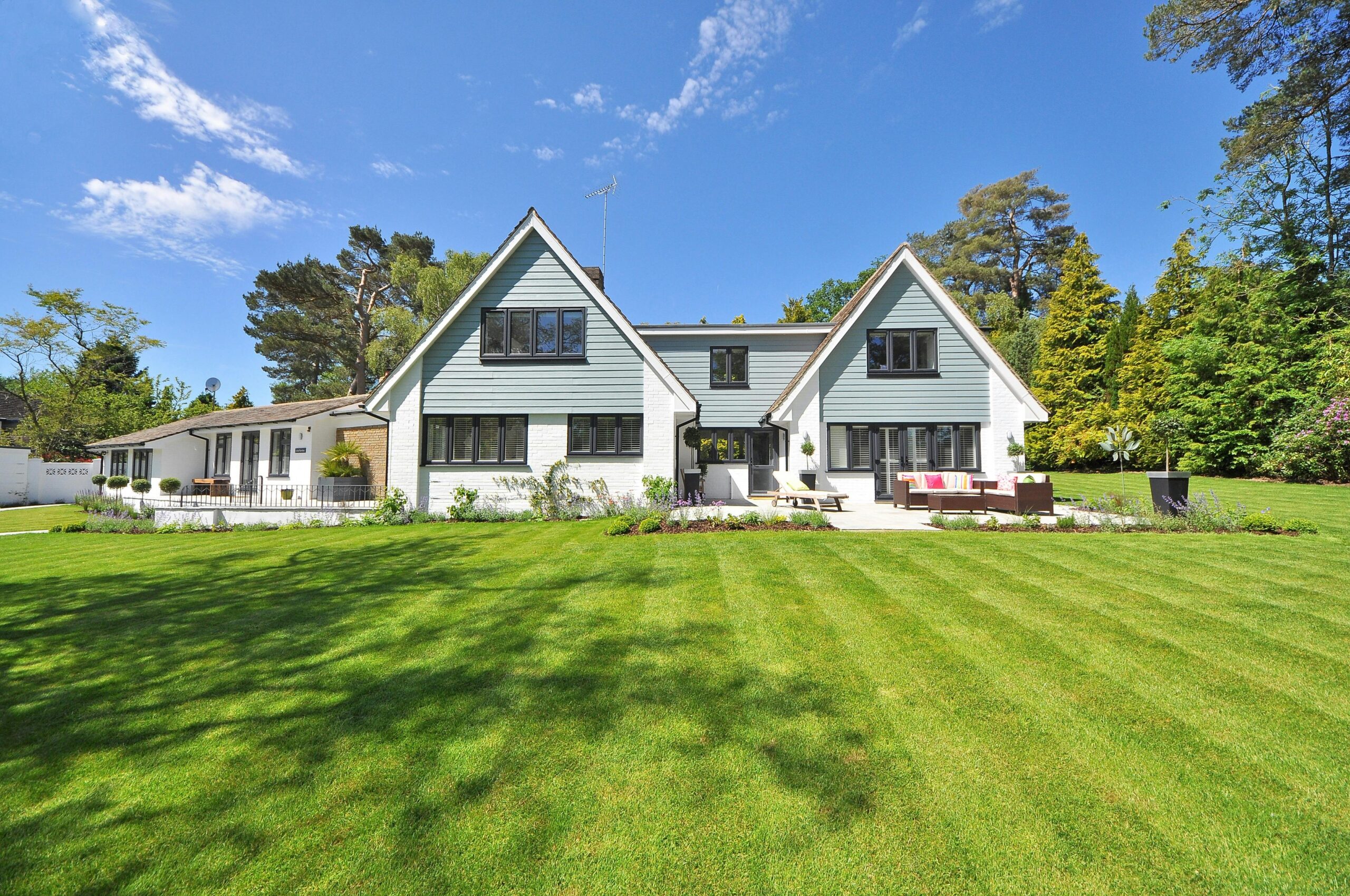
Investing in real estate has long been one of the most reliable ways to build wealth, but with rising property prices, many assume they need a fortune to get started. The good news? In 2025, you can break into real estate investing with just $10,000. While this budget may not buy you a house outright, there are several creative and strategic ways to leverage your capital to start growing a real estate portfolio. Here’s how you can do it.
-
Invest in Real Estate Investment Trusts (REITs)
Real Estate Investment Trusts (REITs) offer one of the easiest and most affordable ways to get exposure to real estate with limited capital. A REIT is a company that owns, operates, or finances real estate properties and distributes profits to investors.
- Why choose REITs? REITs provide diversification, passive income, and liquidity since they trade on stock exchanges.
- Types of REITs: Consider equity REITs (owning properties), mortgage REITs (investing in mortgages), or hybrid REITs (a mix of both).
- Expected returns: On average, REITs provide 7-10% annual returns, making them a great way to grow wealth over time.
-
Buy Shares in Real Estate Crowdfunding Platforms
Crowdfunding platforms allow investors to pool their money to fund real estate projects. With as little as $500 to $10,000, you can participate in lucrative property investments without owning or managing real estate directly.
- Popular platforms: Fundrise, RealtyMogul, and Crowdstreet offer access to commercial and residential projects.
- How it works: Investors buy shares in a fund that finances property purchases or developments.
- Potential earnings: Returns vary but can range from 8-15% annually, depending on the project and risk level.
-
House Hacking: Live and Invest at the Same Time
If you’re open to being both a homeowner and an investor, house hacking is a great strategy. This involves purchasing a small multi-unit property (duplex, triplex, or fourplex) and renting out the other units to cover your mortgage.
- Down payment options: With an FHA loan, you may only need 3.5% down. If you target a $250,000 duplex, your down payment would be $8,750.
- Additional benefits: You gain rental income while also benefiting from property appreciation and tax advantages.
- Who is this for? Ideal for first-time buyers looking to minimize their housing expenses while building wealth.
-
Purchase a Mobile Home or Tiny Home
Traditional real estate may be expensive, but mobile homes and tiny homes offer an affordable alternative.
- Buy and rent: Purchase a mobile home for $10,000-$30,000 and rent it out for steady income.
- Lot rental: You can buy the home and lease a lot in a mobile home park for additional cash flow.
- Alternative option: Flip tiny homes by purchasing, upgrading, and reselling them for profit.
-
Partner with Other Investors
Real estate partnerships allow you to pool your $10,000 with others to buy larger properties.
- Joint ventures: Work with family, friends, or online investor groups to co-own properties.
- Syndications: Invest passively by funding large-scale apartment complexes or commercial properties.
- Benefits: Shared risk, access to higher-value properties, and potential for greater returns.
-
Wholesaling Real Estate
Wholesaling is a low-cost strategy where you act as a middleman, finding discounted properties and selling the contract to a buyer for a profit.
- How it works: Find a motivated seller, put the property under contract, and assign it to an investor.
- Initial investment: Marketing costs (e.g., direct mail, online ads) can be under $2,000.
- Potential earnings: Profits range from $5,000 to $20,000 per deal, making it a great way to generate capital.
-
Buy a Rental Property in a Low-Cost Market
In some areas, $10,000 is enough for a down payment on an investment property.
- Look for affordable markets: Cities in the Midwest and South offer properties for under $100,000.
- Financing options: Use conventional loans, FHA loans, or seller financing.
- Potential returns: Even small single-family rentals can generate $200-$500/month in cash flow.
-
Invest in Tax Liens or Deeds
Tax lien investing allows you to buy delinquent property tax debts, potentially leading to ownership or high-interest returns.
- How it works: Investors purchase tax liens at auctions and earn interest from property owners paying off their debt.
- Entry cost: Some liens start as low as $500, making it a cost-effective investment.
- Risks: Research is essential to avoid bad investments.
-
Short-Term Rentals & Airbnb Arbitrage
If buying a property isn’t an option, consider Airbnb arbitrage—renting a property and subleasing it on platforms like Airbnb.
- How to start: Negotiate a lease where the landlord allows short-term rentals.
- Initial costs: First month’s rent, deposit, and furnishing (can fit within $10,000).
- Potential profits: A well-located unit can generate $500-$2,000/month in profit.
-
Fix-and-Flip with a Small Investment
While flipping homes usually requires large capital, some investors use “micro-flipping”—buying distressed properties and reselling them quickly for profit.
- How to start: Focus on cosmetic updates rather than major renovations.
- Funding options: Use hard money loans or partner with investors.
- Potential ROI: Profits vary but can be significant in hot markets.

Final Thoughts: Making Your $10,000 Work for You
Real estate investing doesn’t require millions—it requires strategy. Whether you choose REITs, crowdfunding, house hacking, wholesaling, or short-term rentals, your $10,000 can be a stepping stone to building wealth. The key is to pick a method that aligns with your goals, risk tolerance, and market conditions.
With the right approach, patience, and smart decision-making, your first investment could set you on a path toward financial freedom in real estate. Are you ready to make your move in 2025?





